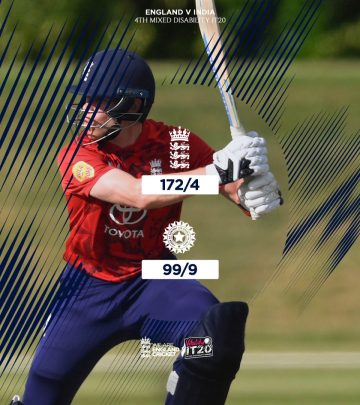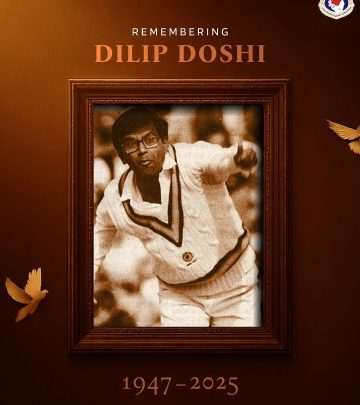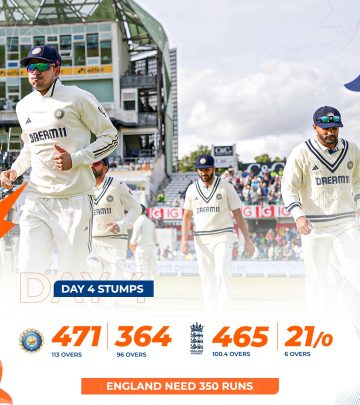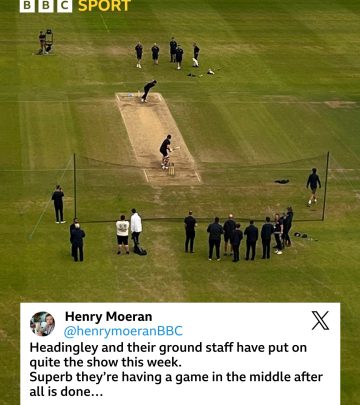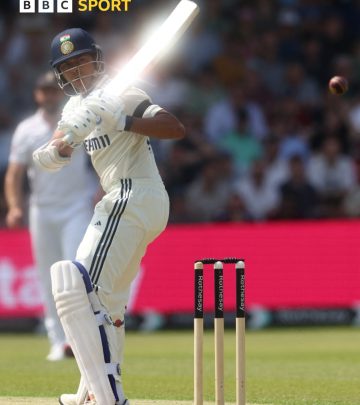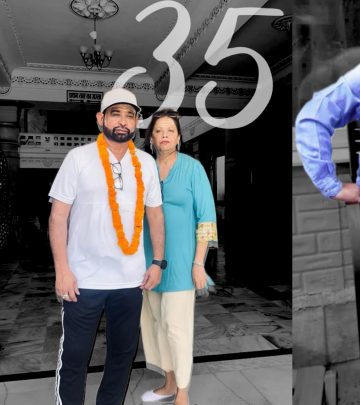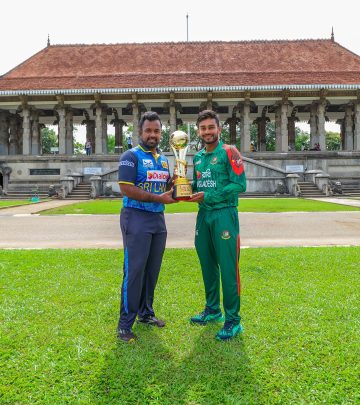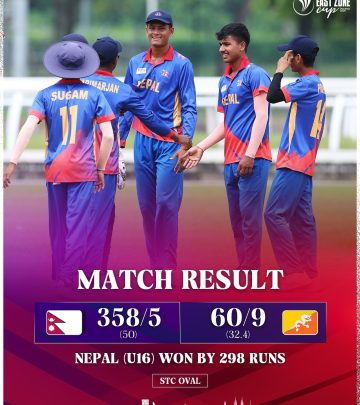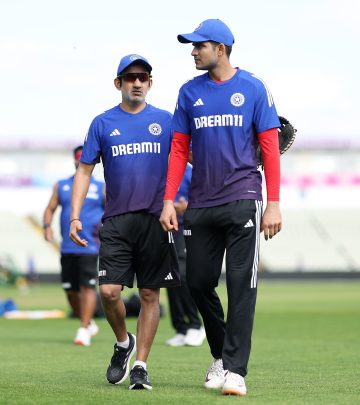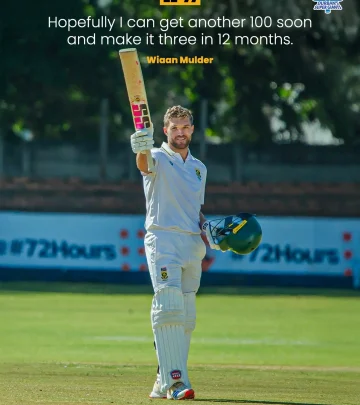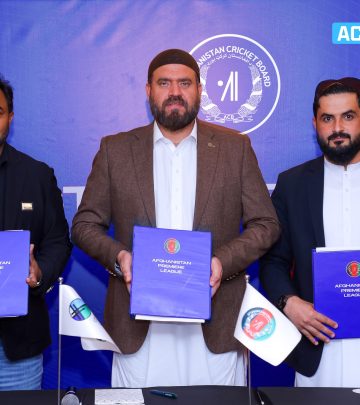ICC Updates Playing Conditions For Cricket World Cup
Detailed insights into nuanced tweaks in ICC playing conditions for global cricket events.
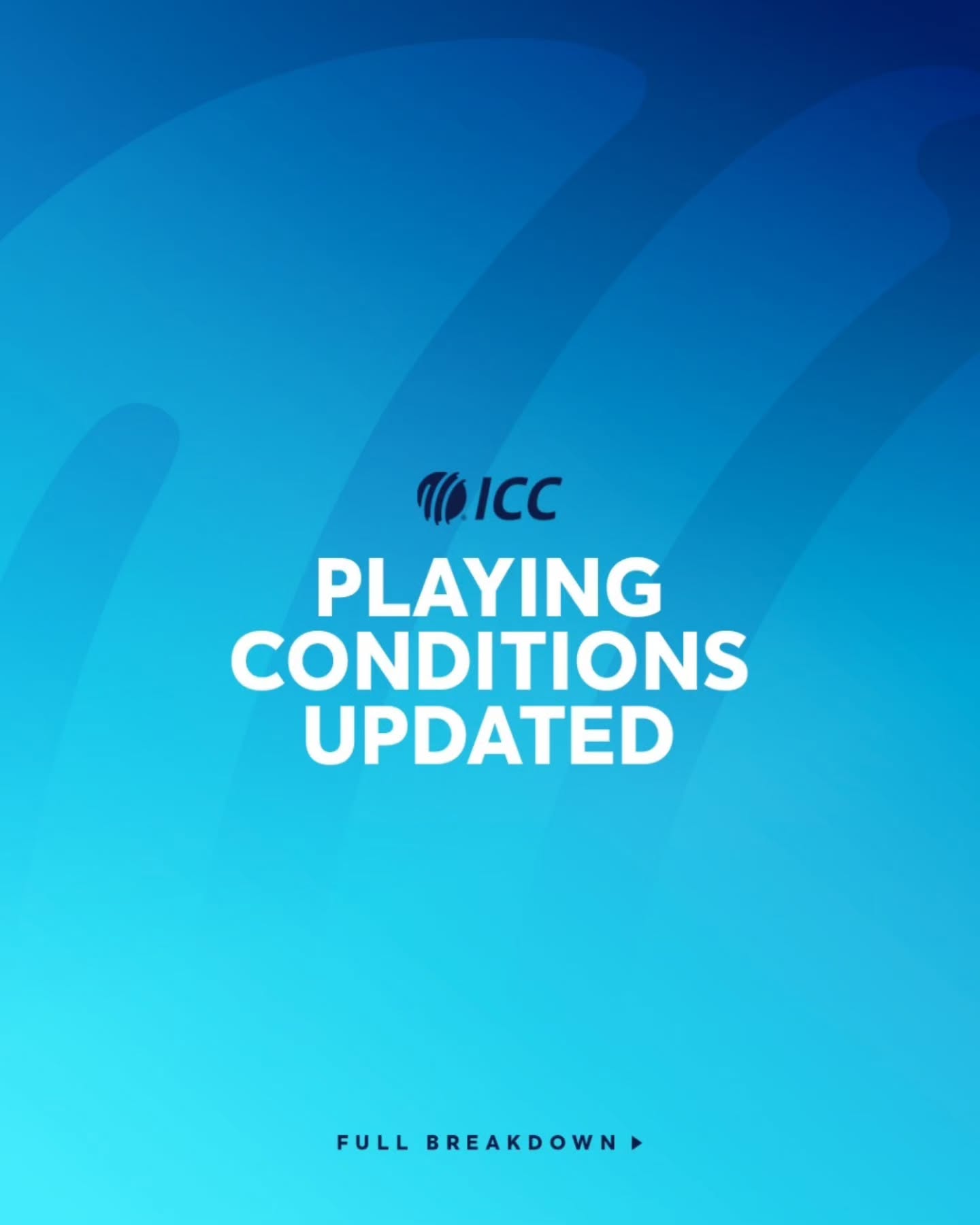
Image: Instagram
The International Cricket Council (ICC) has unveiled significant revisions to its playing conditions in anticipation of the upcoming Cricket World Cup. These adjustments are designed to enhance the fairness and competitiveness of matches, reflecting the governing body’s commitment to evolving the sport with the times. The updated guidelines, which break down the rules for various match situations, have been detailed on the official social media channels, urging fans and stakeholders to head to the bio for further specifics.
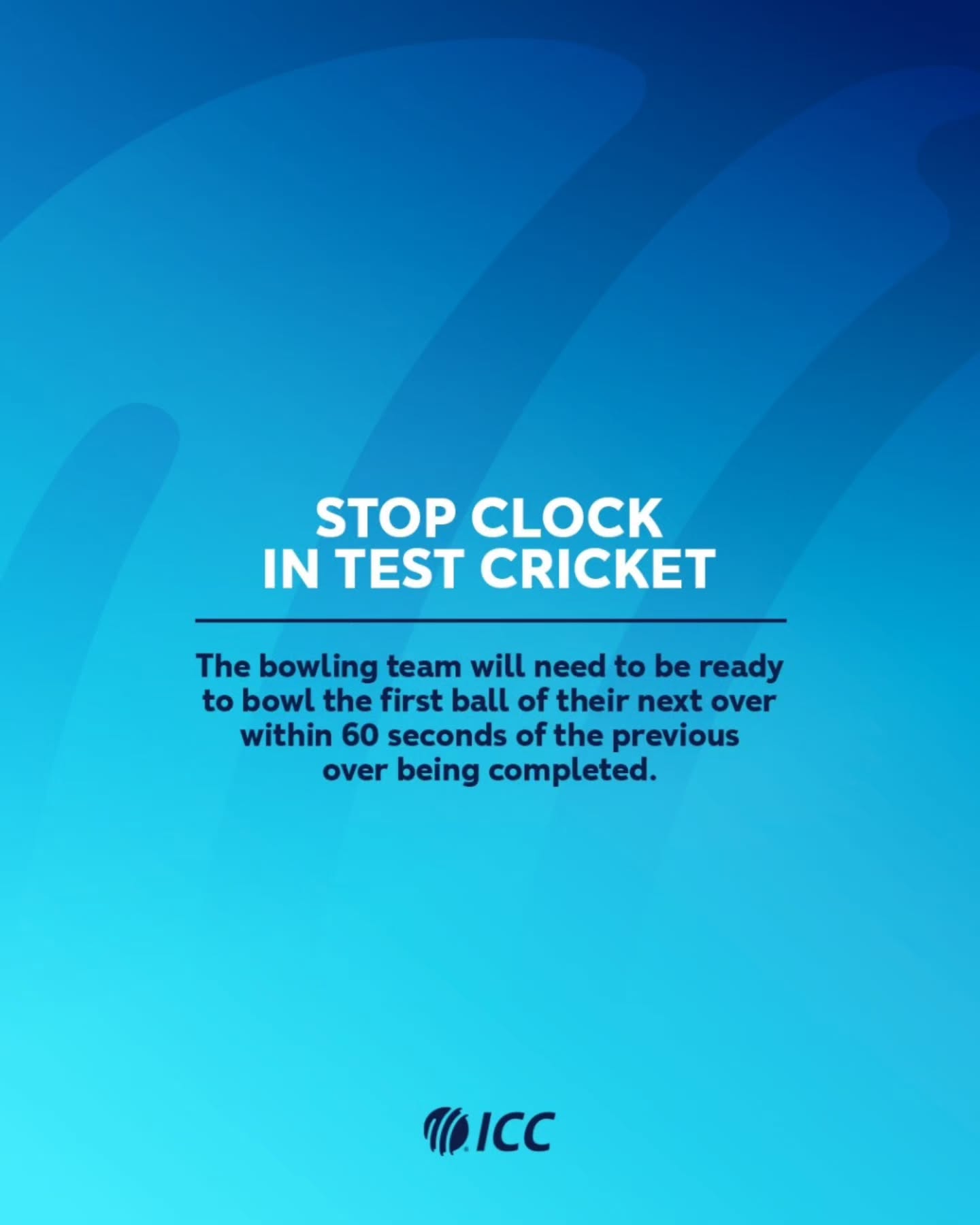
Key Revisions Unveiled
In a recent post on Instagram by the official ICC Cricket World Cup account, a concise caption stated, “A breakdown of the updates made to the ICC Playing Conditions. Head to our bio for details.” The accompanying visuals showcase key aspects of these changes, prompting a closer look at what these updates mean for players, officials, and cricket enthusiasts worldwide. While the post itself is succinct, the implications are far-reaching. The revisions touch on several areas, including powerplay adjustments, changes to review systems, and updated protocols for fielding restrictions.
The new playing conditions are set to overhaul certain traditional practices. For example, refinements in the review system aim to reduce unnecessary delays and provide clearer guidelines for adjudicating on-field decisions. Such improvements are intended to keep the game moving while preserving the integrity of umpire decisions. Officials and players alike are expected to benefit from this streamlining, as clearer instructions lead to better on-field performance and reduced disputation during contentious moments.
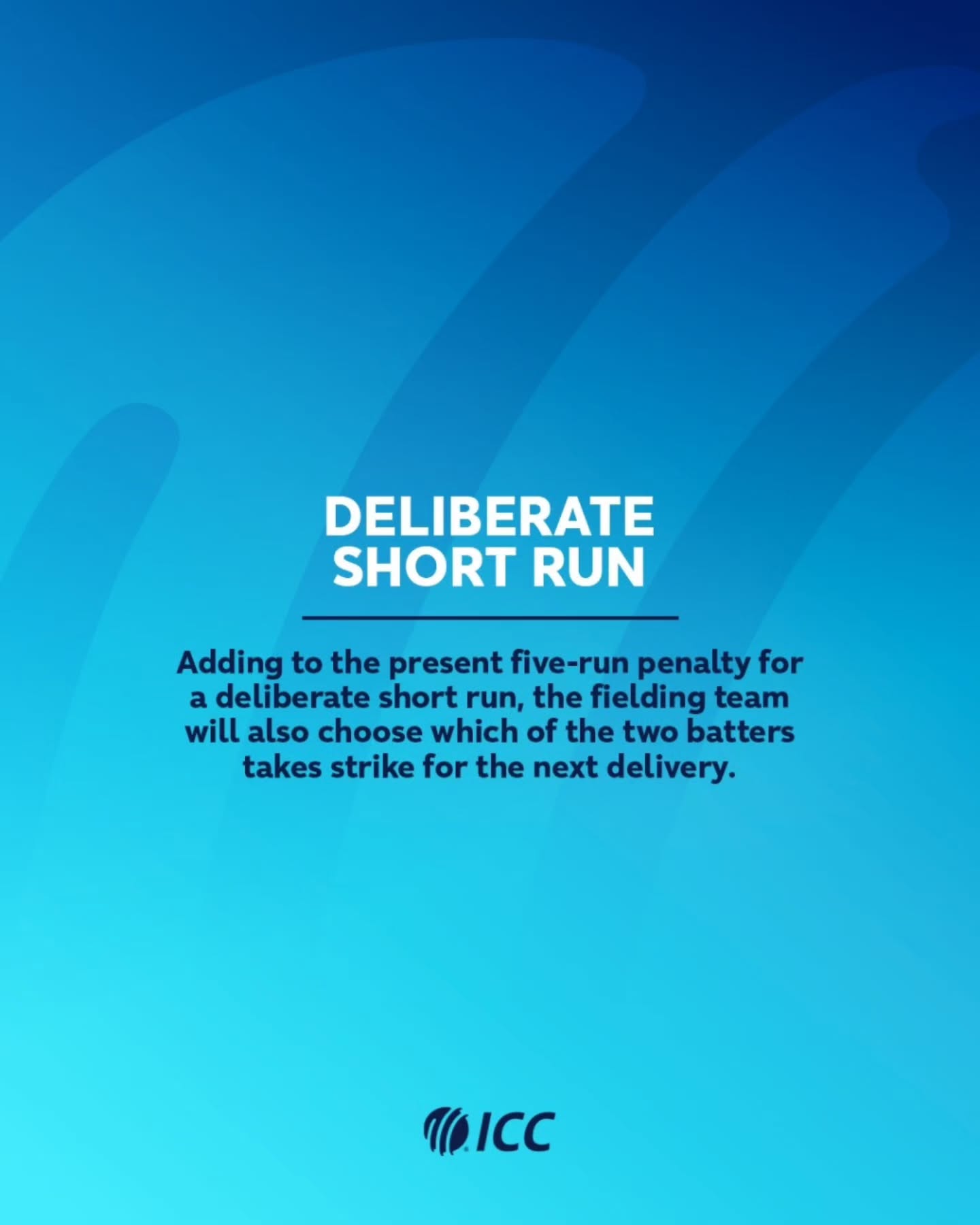
Enhancing Fairness And Innovation
Beyond operational changes, the revised playing conditions underscore the ICC’s broader objective of fairness. By fostering innovation within the framework of the sport, the revised rules not only seek to modernize cricket but also to address evolving challenges that have arisen in recent tournaments. The introduction of these measures aligns with global trends in sports regulation, where data analytics and real-time decision-making are playing a pivotal role in shaping the future of competitive events.
This overhaul comes at a time when cricket’s global audience is expanding rapidly, with digital engagement on social media platforms soaring. Instagram posts by the ICC and related cricket pages have been instrumental in communicating these changes clearly to fans. One can observe a series of complementary posts from various cricket events, including updates, match previews, and behind-the-scenes glimpses. For instance, recent posts celebrating milestones in previous ICC competitions further contextualize the importance of these updates, reminding viewers of the evolving history of the tournament as reflected on the official ICC Cricket World Cup handle.
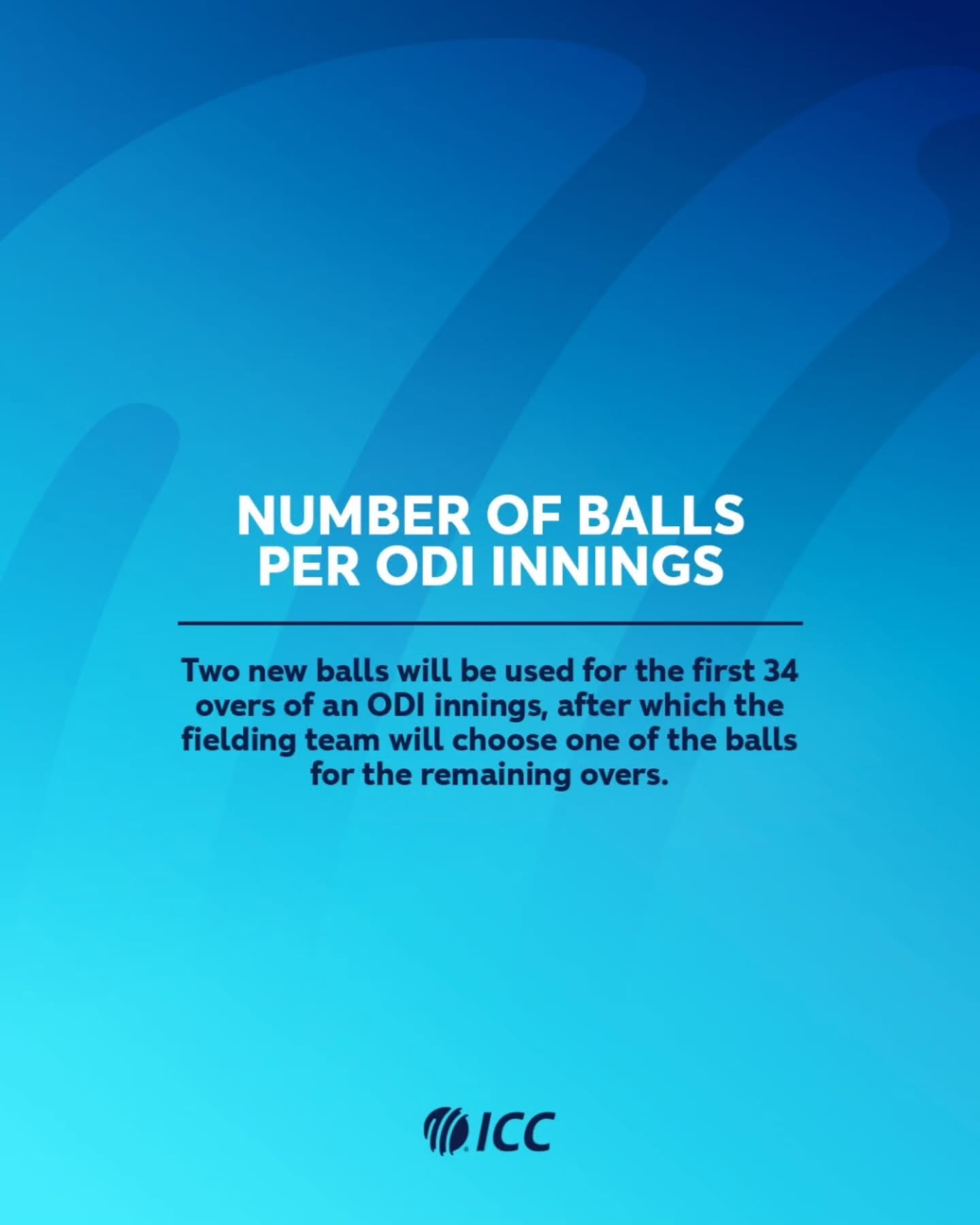
Context And Historical Perspective
Drawing from the ICC Cricket World Cup’s storied past, the new playing conditions also reflect lessons learned from earlier tournaments. Historically, discrepancies in on-field decisions and ambiguities in the rulebook have often been a matter of considerable debate. With changes like the refined review system, the ICC hopes to minimize such controversies. As detailed in the encyclopedic accounts from well-known historical records, the Cricket World Cup has continually evolved, making way for progressive adaptations while still preserving the sport’s traditional spirit.
According to several cricket experts and analysts, these updates may pave the way for a more dynamic and balanced style of play. Critics argue that while some players might need time to adjust, the long-term benefits are likely to outweigh any initial disruptions. At the same time, this move is seen as part of a consistent strategy to keep the sport aligned with the rapid technical advancements that are influencing various aspects of modern sports globally.
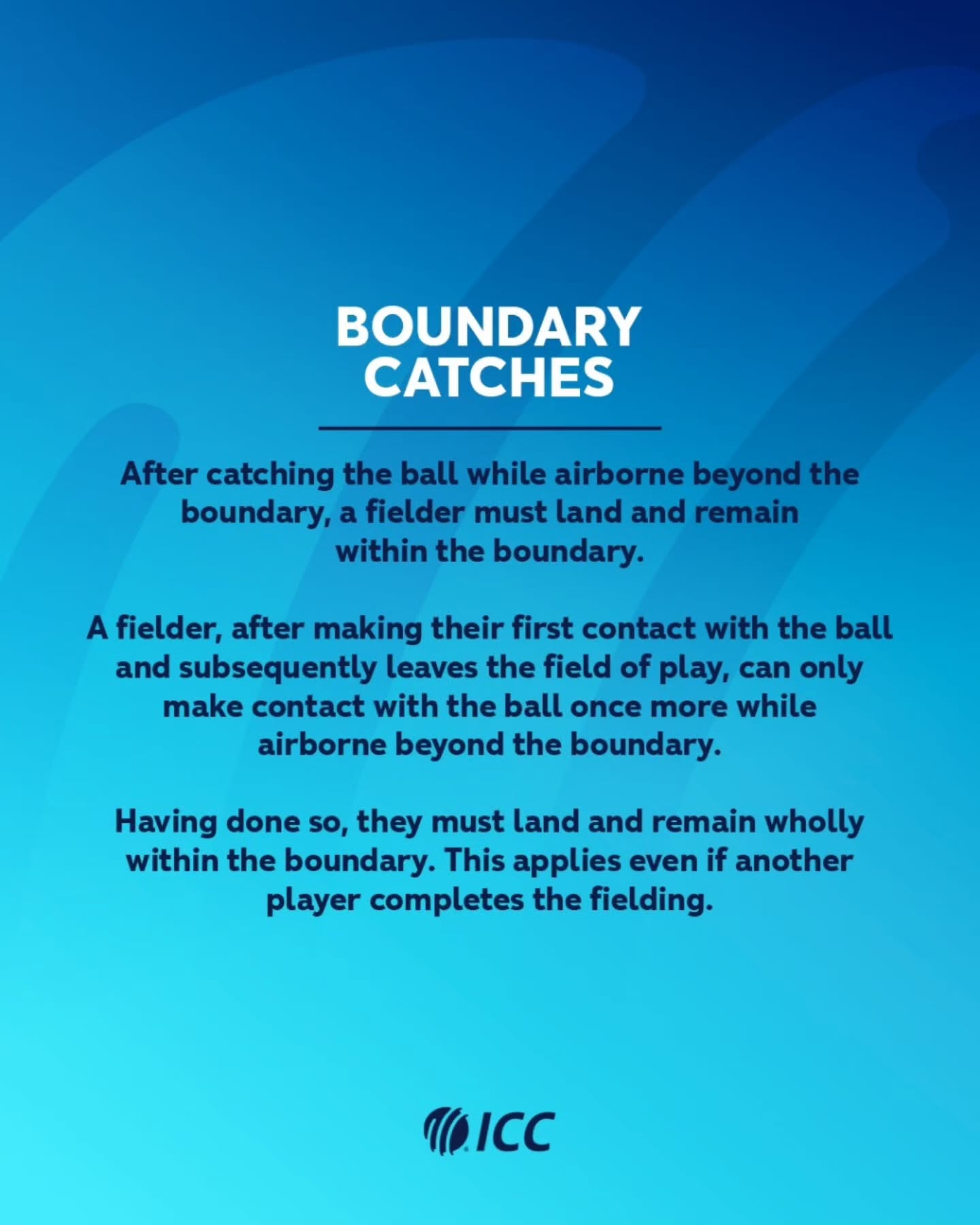
Social Media Echoes And Fan Reactions
Social media conversations have been abuzz since the announcement. Fans engaged through posts and interactive stories, with some accounts recalling moments from previous tournaments where rule changes had notably impacted game outcomes. In one of the older Instagram posts, fans were shown the full schedule for the ICC Women’s Cricket World Cup 2025, highlighting ICC’s proactive approach in gearing up for upcoming events. Another post celebrated standout performances from players like Travis Head in previous finals, drawing parallels between past innovations and the current regulatory shifts.
The ICC’s communication strategy, leveraging Instagram’s dynamic and visual platform, has ensured that the message about these rule changes is clear and accessible. By breaking down the complex updates into easily digestible snippets and engaging visuals, the ICC is setting the stage for a transparent and well-informed tournament. These efforts have resonated with the cricket community, which appreciates a balance between traditional values and modern advancements in the sport.

As the Cricket World Cup looms closer, all eyes will be on how these revised playing conditions affect the on-field dynamics. Players and coaches are expected to recalibrate their strategies accordingly, making this tournament a testing ground for the new norms. Analysts suggest that the upcoming matches could offer a glimpse into a future where technology, fairness, and strategic innovation play central roles in shaping cricket.
The ICC’s proactive approach in updating its playing conditions is a bold move that aligns with the rapidly changing landscape of sports. By addressing both practical and strategic aspects of the game, the updated rules promise to deliver a more streamlined, engaging, and just tournament for all involved. Continuous feedback from stakeholders and fans alike will likely shape any future iterations of these guidelines, ensuring that cricket remains a sport that evolves in tandem with the times.
Read full bio of Vidya Tadapatri




